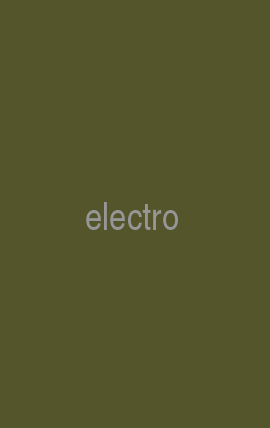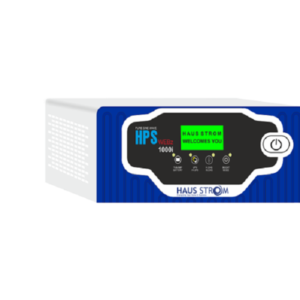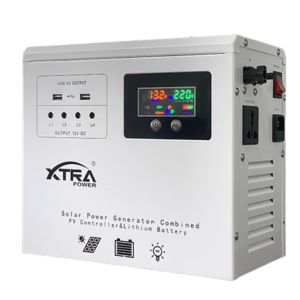A solar charge controller is a device that is used to regulate the flow of electricity from a solar panel to a battery or other load. It is an important component of a solar power system, as it helps to ensure that the battery is charged correctly and efficiently, and prevents it from being overcharged or damaged.
There are two main types of solar charge controllers: PWM (pulse width modulation) and MPPT (maximum power point tracking). PWM solar charge controllers are the most common type and work by pulse width modulating the current from the solar panel to the battery. This allows the controller to adjust the charging rate based on the battery’s state of charge and prevent it from being overcharged.
MPPT solar charge controllers, on the other hand, work by adjusting the voltage from the solar panel to optimize the power output from the panel. This allows the controller to extract more power from the panel, even when the panel is not operating at its maximum power point. MPPT controllers are generally more expensive than PWM controllers, but they are also more efficient and can increase the overall efficiency of a solar power system.
Overall, a solar charge controller is an important component of a solar power system and helps to ensure that the battery is charged correctly and efficiently. It is important to choose the right type of solar charge controller for your system based on your specific needs and requirements.
Solar Charge Controllers
Showing all 5 results
-
MPPT Controllers, Solar Charge Controllers
SRNE MC48100N25 (12/24V/36/48v/ 100AMPPT) Solar Charge Controller
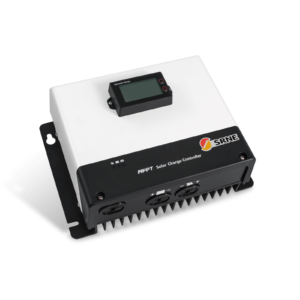 MPPT Controllers, Solar Charge Controllers
MPPT Controllers, Solar Charge ControllersSRNE MC48100N25 (12/24V/36/48v/ 100AMPPT) Solar Charge Controller
MPPT Solar Charge Controller MC48V series 85-100A
With the PowerCatcher MPPT technology, the controller is able to track the maximum power point of solar panels even in a complex environment. included SR-MC4885N15/MC4885N25/MC48100N15/MC48100N25 models.
Model: MC48100N25
Voltage:12V/24V/36V/48V Auto
Current:100A
Max.PV input voltage:250V
SKU: n/a -
MPPT Controllers, Solar Charge Controllers
SRNE ML2440 ((12/24V/36/48v/40AMPPT) Solar Charge Controller
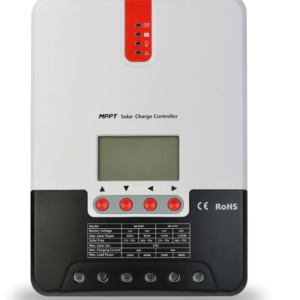 MPPT Controllers, Solar Charge Controllers
MPPT Controllers, Solar Charge ControllersSRNE ML2440 ((12/24V/36/48v/40AMPPT) Solar Charge Controller
SR-ML2440 controller is advanced maximum power point tracking (MPPT) charging technology for off-grid photovoltaic systems.it is mainly used in the field of security monitoring, RV, and household system, etc.
Model:ML2440
Voltage:12V/24V Auto
Current:40A
Max.PV input voltage:100V
Max. PV input input power:520W/12V,1040W/24V
Battery type:Lithium/lead acid battery
Communication:RS232SKU: n/a -
MPPT Controllers, Solar Charge Controllers
SRNE ML4860 ((12/24V/36/48v/60AMPPT) Solar Charge Controller
 MPPT Controllers, Solar Charge Controllers
MPPT Controllers, Solar Charge ControllersSRNE ML4860 ((12/24V/36/48v/60AMPPT) Solar Charge Controller
MPPT Solar Charge Controller ML series 60A
SR-ML4860 controller is advanced maximum power point tracking (MPPT) charging technology for off-grid photovoltaic systems.it is mainly used in the field of security monitoring, RV, and household system, etc.
Model:SR-ML4860
Voltage:12V/24V/36V/48V Auto
Current:60A
Max.PV input voltage:150V
Max. PV input input power:800W/12V,1600W/24V,2400W/36V.3200W/48V
Battery type:Lithium/lead acid battery
Communication:RS232/RS485
SKU: n/a


